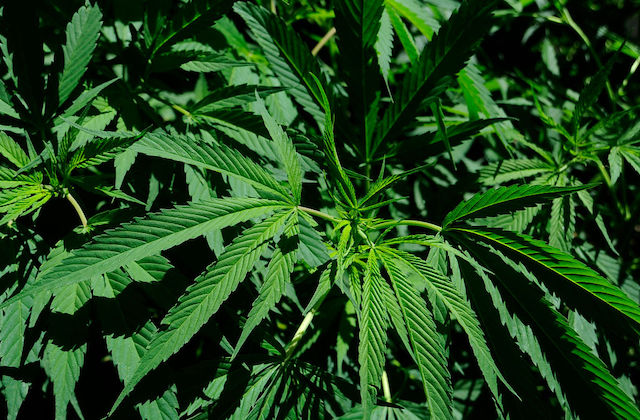Evanston, Illinois, last November quietly went a step beyond Asheville, North Carolina’s historic move on July 14 to approve reparations for Black residents. While Asheville’s city council has yet to specify how reparations will be paid for, Evanston, after adopting a resolution for reparations as part of the city budget, earmarked tax revenue from newly legalized marijuana sales as a source of funding, ABC News reports.
"Evanston absolutely is the pioneer," Nkechi Taifa, an attorney and member of the National African American Reparations Commission (NAARC), told ABC. "It basically is the first municipality to commit public dollars to reparations."
Reports ABC:
The plan calls for using $10 million collected by the city in cannabis sales taxes over an estimated 10 years to provide African American residents with housing assistance and economic development benefits. As of the 2010 Census, the Black population of Evanston was about 13,400 people.
According to Alderman Robin Rue Simmons, who has led the effort, details for the first "remedy policy" are nearing completion: a $25,000 direct benefit payment to purchase a home. Those who qualify for such a check, according to the current proposal, are Black residents who lived in Evanston between 1919 and 1969 or their direct descendants.
Simmons explained to ABC that it’s crucial to first address the wealth gap between Black and white families. "We are going to lead with housing," Simmons told ABC."[Homeownership is considered a] benefit that would build wealth," she added.
After housing is addressed, the next phase of investment will encourage business development and entrepreneurship in the Black community, according to ABC. Simmons said diverting funds from the marijuana industry into the Black community couldn’t be more perfect.
"There is no more appropriate place to use the sales tax from that industry," she said. She pointed out to ABC that over 70 percent of Evanston’s marijuana-related arrests were among African Americans, even though they are less than 17 percent of the population. "If there is going to be some benefit to the community from legalizing marijuana, then it certainly should be targeted to the Black community most damaged by this overpolicing," Simmons told ABC.
Taifa told ABC this decision was "poetic justice." Cannabis has been at the center of "a criminal punishment system that disproportionately sent Blacks to prison," she said. Now marijuana will become "the same entity that is seeking to close the Black-white wealth gap." This strategy, she said, "could provide a blueprint for the rest of the country."
